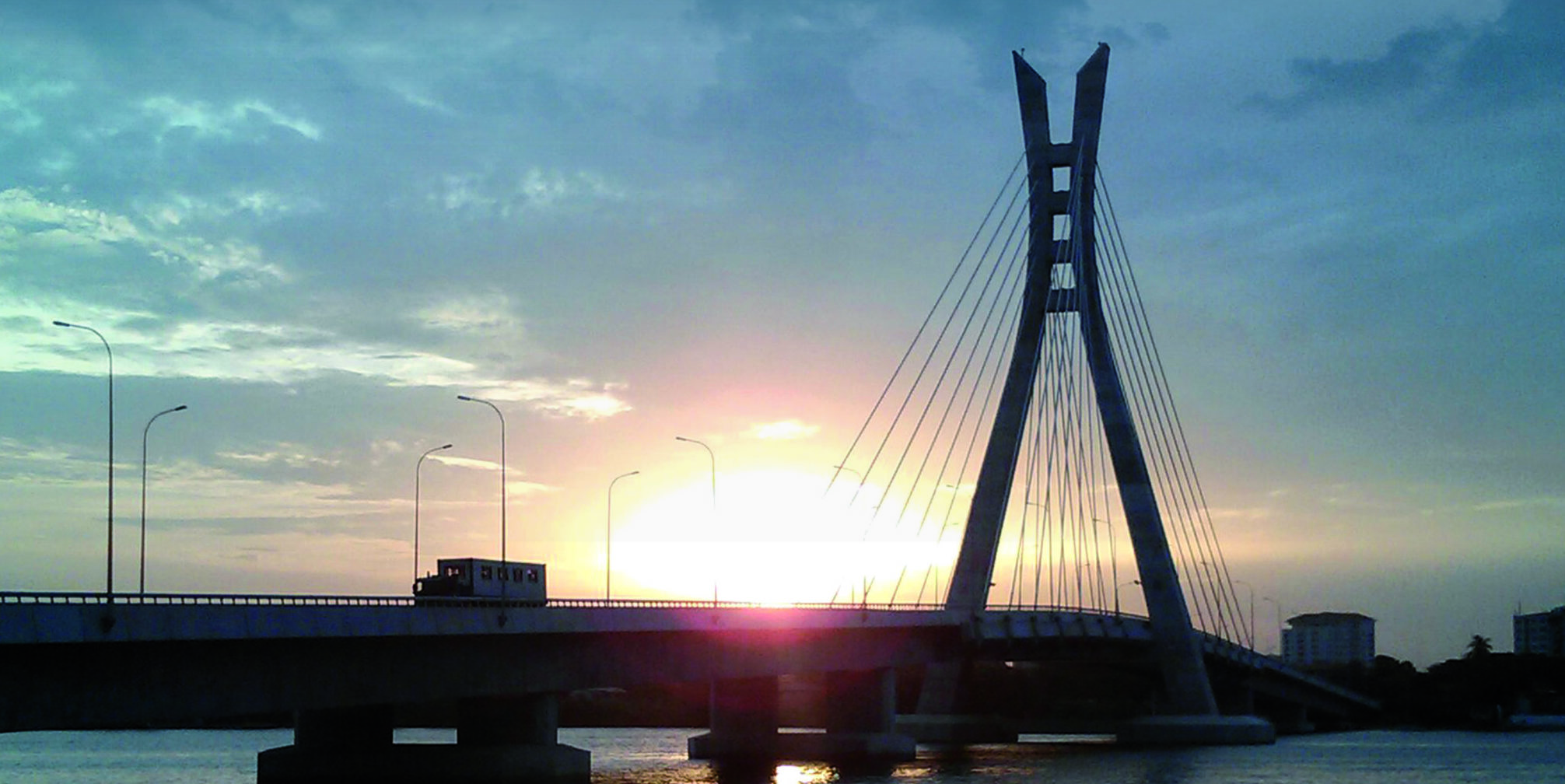The revival of Nigeria’s economy has gained momentum under the guidance of President Buhari’s ERGP programme; its ambitious targets yield results that seem to indicate that they will soon be superseded.
In spite of difficult times, Nigeria has been rated as the top 10 most improved economies in 2016/2017.
“Nigeria is a very resilient country in terms of economy,” states Mr. Venkatapathy Venkataraman Group MD at NIPCO.
Loading...
This has been a result of the ERPG programme and its emphasis on industrialisation and diversification policies which boost capital inflows and encourages ease of doing business.
In November 2017 Godwin Emefiele Governor of the Central Bank of Nigeria CBN’s presented Nigeria’s economic outlook for 2018, predicting that national forex reserves will hit US$ 40bn in 2018. In introducing I&E forex the improvement in the ease of doing business is guaranteed.
“The Central Bank of Nigeria (CBN) played an extensive role in ensuring relative price stability and in managing the dearth of foreign exchange,” declares Mr Obeahon Ohiwerei, Managing Director at Keystone Bank.
“If the tight monetary policy continues, and the Central Bank continues to manage the liquidity that makes FX, the economy may grow more than the 1.8% projected,” claims Mr Abubakar Jimoh, CEO at Coronation Merchant Bank.
Although energy sales in Nigeria account for up to 80 percent of all government revenue and more than 90 percent of the country’s exports, Agriculture and ICT sectors have flourished, providing steady growth, employment and investment opportunities.
The ERGP’s shift towards becoming import dependent has been particularly successful in Agriculture. Proforce MD, Mr Ade Ogundeyin declares, “the government is serious and committed about made-in-Nigeria goods. They are saying that if it can be produced in Nigeria you don’t import it.”
The government’s intention to use telecoms and ICT for economic development and financial inclusion is auspicious for the industry. Executive Vice Chairman of the Nigerian Communications Commission, Mr Umar Danbatta states that “telecoms contribution to GDP is now close to 10% and has been contributing 1.4 trillion naira to the economy.”
Minister of Power, Works and Housing Hon. Fashola confirms the commitment to IT, “We’re installing more broadband and connectivity across the country,” which in turn enhances a definite entrepreneurial spirit at play amongst the people.
The government has made it extremely clear that it will be pouring funding into infrastructure. Minister of Power, Works and Housing Hon. Fashola declares, “the investment in infrastructure is driving the value chain of the economic diversification.”
The government’s plans to modernise and restructure the country’s public transport system has proved a great opportunity for investors and the economy.
Nigeria remains a highly appealing destination for investors. Mr Tunde Fowler, Chairman at FIRS elaborates, “Nigeria is an investor’s heaven with so much potential; from industry to agriculture to telecommunications. There’s so much room for expansion and the ease of doing business ensures that anyone who has a business, or who intends to start a business, will not have to face any bureaucracy, roadblocks or hindrance.
Nigeria’s government is determined to provide profound and long-term change in economic prosperity and stability; there remains little doubt that it is Nigeria’s destiny to uphold the title of largest economy in Africa for a long time yet.
Loading...

